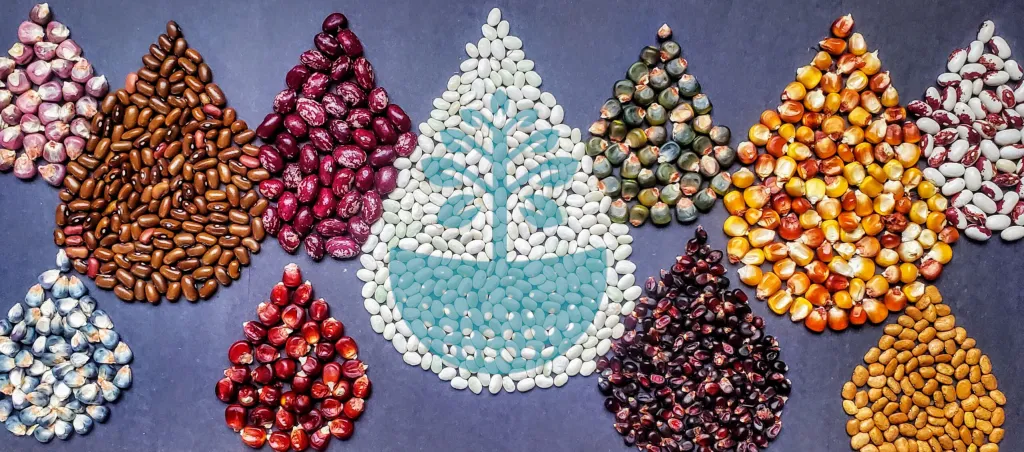
Creator's Focus
Dry Farming, an agricultural practice that involves several environmental factors to limit irrigation. This agricultural practice entails limiting the irrigation of crops through the awareness of annual precipitation patterns, the amount of water that can be stored in the soil, the seasonal factors of frost on seedlings, and the areas most affected by evaporation to grow resilient and sustainable food. This low-input approach to farming is not a one-size-fits-all endeavor. It is a practice of striking a balance ecologically so that people, water, soil, and seeds can be resilient in our changing climate. This combination of environmental conditions develops plants with deeper roots, adapting them for drier climates while enhancing their flavor and storability.
I am interested in this particular topic because I’m surrounded by farmers and a community of cultivators concerned about the heat waves in the past five years. I support the thriving locally-grown food movement that recognizes the importance of ecological sustainability alongside food sovereignty in our region. In addition, through the years of witnessing the depletion of water in our lakes and streams, the need for limiting irrigating through Dry Farming practices is a way to ensure that adequate water remains to sustain aquatic and terrestrial viability.
Created by Desiree Braziel
History
Water availability is already an issue for growers globally and is predicted to become even more so with population increase and rising temperatures from climate change. In some agricultural areas, groundwater aquifers are in steady decline, with no plans on how to reverse these trends. Additionally, under current law, there are few incentives to implement more efficient water use strategies. Born out of the Dry Farming Collaborative, The Dry Farming Institute was established in September 2019.
The Dry Farming Collaborative is a group of growers, extension educators, plant breeders, and agricultural professionals partnering to increase knowledge and awareness of dry farming management practices with a hands-on participatory approach. While this group started in Western Oregon it is gaining national and international interest. The innovative, co-creative dynamic of this group has inspired a movement engaging growers and communities in collectively adapting to less water. The desire to build upon and expand this work brought together the founding board members and is the mission of The Dry Farming Institute.
For more information: Dry Farming Institute
This poster was made in partnership with Washington Water Trust, Culinary Breeding Network and Wirtheim Design.
Dry Farming Poster is available for purchase at the Dry Farm Institute
